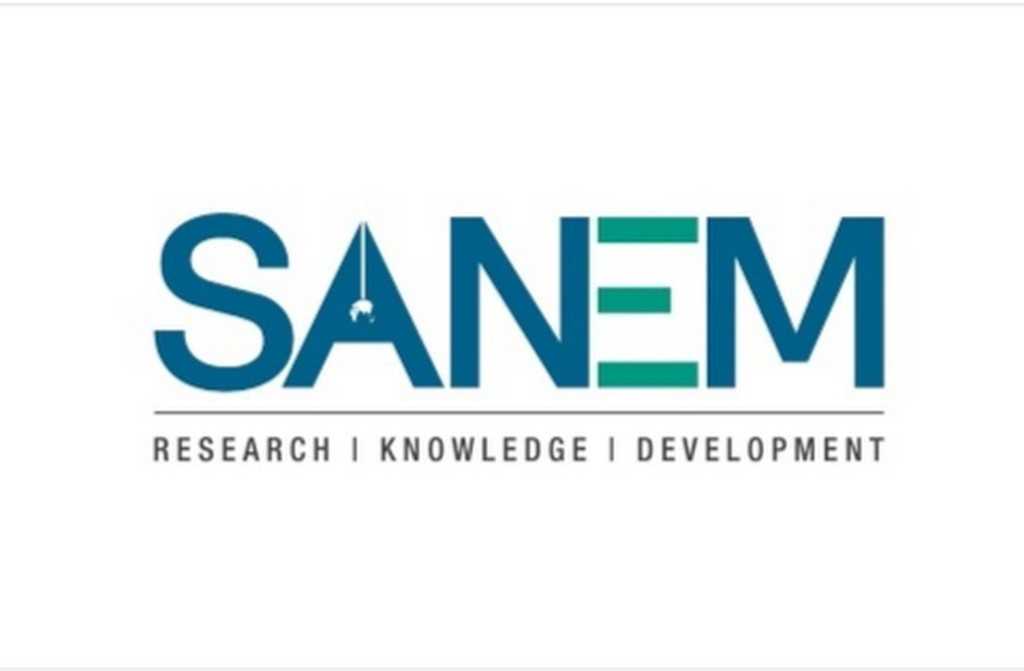Funds FY21: Floating urban poor, youth and SMEs not addressed, says Sanem

Image collected
Urban poor and slums dwellers have been hit hard by the shutdown to avoid spread of Coronavirus because they lost the method of earning
The proposed budget for fiscal year 2020-21 cannot properly address the urban poor, nor announce any measures for the youths and small and medium enterprises (SMEs) to survive Covid-19, the South Asian Network on Economic Modeling (Sanem) said on Saturday in a webinar.
Dr Sayema Haque Bidisha of Sanem said that the budget will not address the floating urban poor, as the measures taken for youth and SMEs isn't enough. Bureaucratic complications frequently stand in the form of these measures, which should be taken into consideration.
She also said that despite incentives and stimulus plans for the RMG sector, personnel have been laid off. The budget will not contain particular and definite methods for women, specifically for those distressed by the existing crisis.
Urban poor and slums dwellers have already been hit hard by the shutdown to avoid spread of Coronavirus because they lost the means of earning.
As a outcomes, thousands of individuals fallen in poverty, as the SME sector suffered a lot due to shutdown during Eid and Pohela Boishakh.
As per the forecast by the experts and the suspect tanks, the country’s poverty may proceed to 35%.
The government will not be able to accomplish its targets on GDP growth and income mobilization for fiscal year 2020-21, because they are unrealistic amid the coronavirus pandemic, the think-tank also said.
On Thursday, Financing Minister AHM Mustafa Kamal tabled a countrywide budget of Tk568,000 crore for the 2020-21 fiscal in the parliament.
Sanem Executive Director Prof Selim Raihan said: "Targeting an 8.2% growth rate of GDP within the next financial 12 months raises the problem of whether it has already been assumed that monetary activities will soon go back to normal and economic growth will resume its earlier trend.
For financing, it should be realized that the revenue focus on is unrealistic and for that reason it is necessary that Bangladesh enters into negotiations with the World Bank, IMF, and various other international corporations for low interest loans with flexible conditions, he said.
Prof Raihan also said the proposed finances had not been "Covid-19 responsive" to the degree that it needs to be.
Discussing the whitening of black colored money, Dr Raihan said that even though this measure has not been effective previously, in addition, it discourages honest people.
The revenue collection target for the coming fiscal year has been set at Tk 378,000 crore.
Of the amount, the NBR has been tasked to recognize a earnings target of Tk330,000 crore, the non-NBR earnings collection target being Tk15,000 crore, as the non-tax earnings collection target is Tk33,000 crore.
Selim Raihan said: “I really do not feel that the huge income target proposed for the next financial year is genuine.
“The budget deficit could upsurge in the coming days, especially if the revenue target is not met,” he added.
“If the earnings target is not met, how will the increased allocation for health, social proper protection, and education be funded?” he questioned.
Prof Raihan explained that the spending budget centered on the RMG sector too much and different export-oriented sectors weren't given equal importance.
Reflecting on the banking sector crisis, he remarked that banking institutions will experience the dual burden of funding both stimulus plans, and the budget.
The pandemic has generated new challenges in the training sector and the spending plan allocation reflects traditional thinking which cannot address these new challenges, said Sanem research fellow Mahtab Uddin.
Source: https://www.dhakatribune.com
Tags :
Previous Story
- BCI says govt’s deficit funding to affect pvt...
- Microsoft joins Amazon, IBM to pause face scans...
- 391 Bangladeshis return home from UAE
- Covid-19: Economic challenges facing Bangladesh
- Canada deserves our vote in UNSC
- Bangladesh Bank relaxes coverage for exporters
- Budget does not address woes of expatriate occupation,...
- Bangladesh to double supply tax rate on exports...